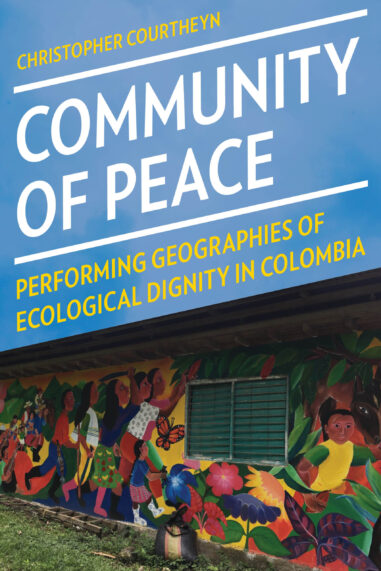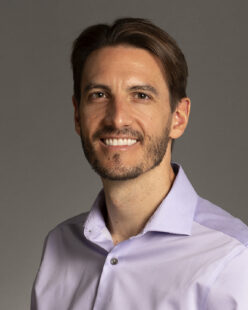

Hardcover $55.00
Request Exam or Desk Copy. Request Review Copy
Community of Peace
Performing Geographies of Ecological Dignity in Colombia
In April 2021, Colombia erupted, witnessing the largest social uprising in its modern history. Courtheyn’s account of San José’s Community of Peace provides a privileged perspective on one of the main undercurrents of this movement: the lucid peasant resistance against the ongoing process of dispossession of their lands and ecologies, forging solidarity and creativity in opposition to the expansion of capitalism and its inherent forms of violence and destruction.

